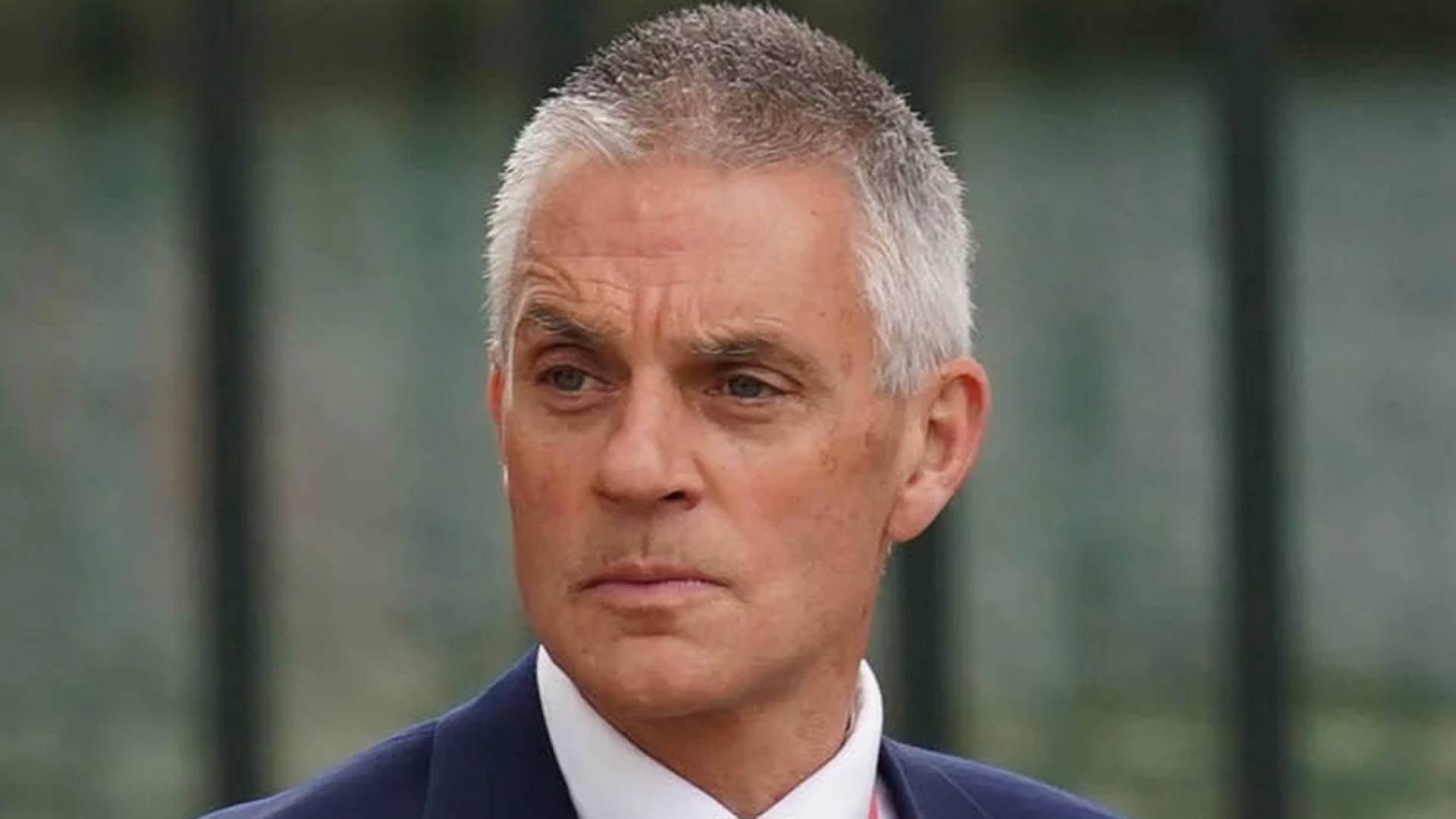Tim Davie
BBC chief urges journalists to ‘fight for their work’ as Trump threatens to sue
Note: AI technology was used to generate this article’s audio.
- BBC Director General Tim Davie and news chief Deborah Turness resign amid bias accusations.
- Davie admits editorial “mistakes” and says “responsibility had to be taken.”
- Trump launches legal action over a BBC documentary that misrepresented his 2021 speech.
- BBC faces leadership vacuum as a government review of its funding model looms.
The BBC is grappling with one of the most turbulent moments in its modern history after Director General Tim Davie and head of news Deborah Turness both stepped down amid mounting criticism over bias and an impending legal challenge from US President Donald Trump.
Speaking to staff on Tuesday, Davie sought to rally morale, acknowledging past mistakes but urging journalists to stand firm. “We are a unique and precious organisation, and I see the free press under pressure, I see the weaponization,” he said during an all-staff meeting.
Davie admitted that “we have made some mistakes that have cost us,” but added that he remained “fiercely proud” of the publicly funded broadcaster. He explained his decision to resign as a combination of personal fatigue, the need to give his successor time to prepare for the next BBC funding review, and accountability for recent editorial missteps.
“Some responsibility had to be taken,” he told employees, assuring them that “the BBC is going to be thriving, and I support everyone on the team.”
The controversy stems from a Panorama documentary aired shortly before the November 2024 US presidential election, which edited together two separate remarks from Trump’s 2021 Capitol speech, leaving out his call for peaceful protest and creating the impression that he had incited violence. BBC chair Samir Shah later apologised for the “error of judgment,” clarifying that the program had been produced by a third party.
An internal memo by a former BBC adviser accused the network of broader editorial failings, citing its handling of coverage related to Trump and the Gaza genocide. Analysts say the twin resignations have exposed deep divisions within the BBC over governance and editorial standards, raising concerns about its ability to maintain public trust.
The BBC, established in 1922 and funded primarily through a licence fee, is currently without a permanent leader as it faces a government review of its charter and funding model ahead of the next renewal in 2027.
Prime Minister Keir Starmer dismissed claims that the BBC was “corrupt” or “institutionally biased,” emphasizing that it must continue to uphold high journalistic standards. His spokesperson said Tuesday that the government would not comment on Trump’s legal action, reaffirming that “the BBC is independent and it is for the corporation to respond to questions about their editorial decisions.”
In a letter to British lawmakers, Shah rejected claims of systemic bias, noting that surveys continue to show the BBC as the most trusted news outlet in the country.




